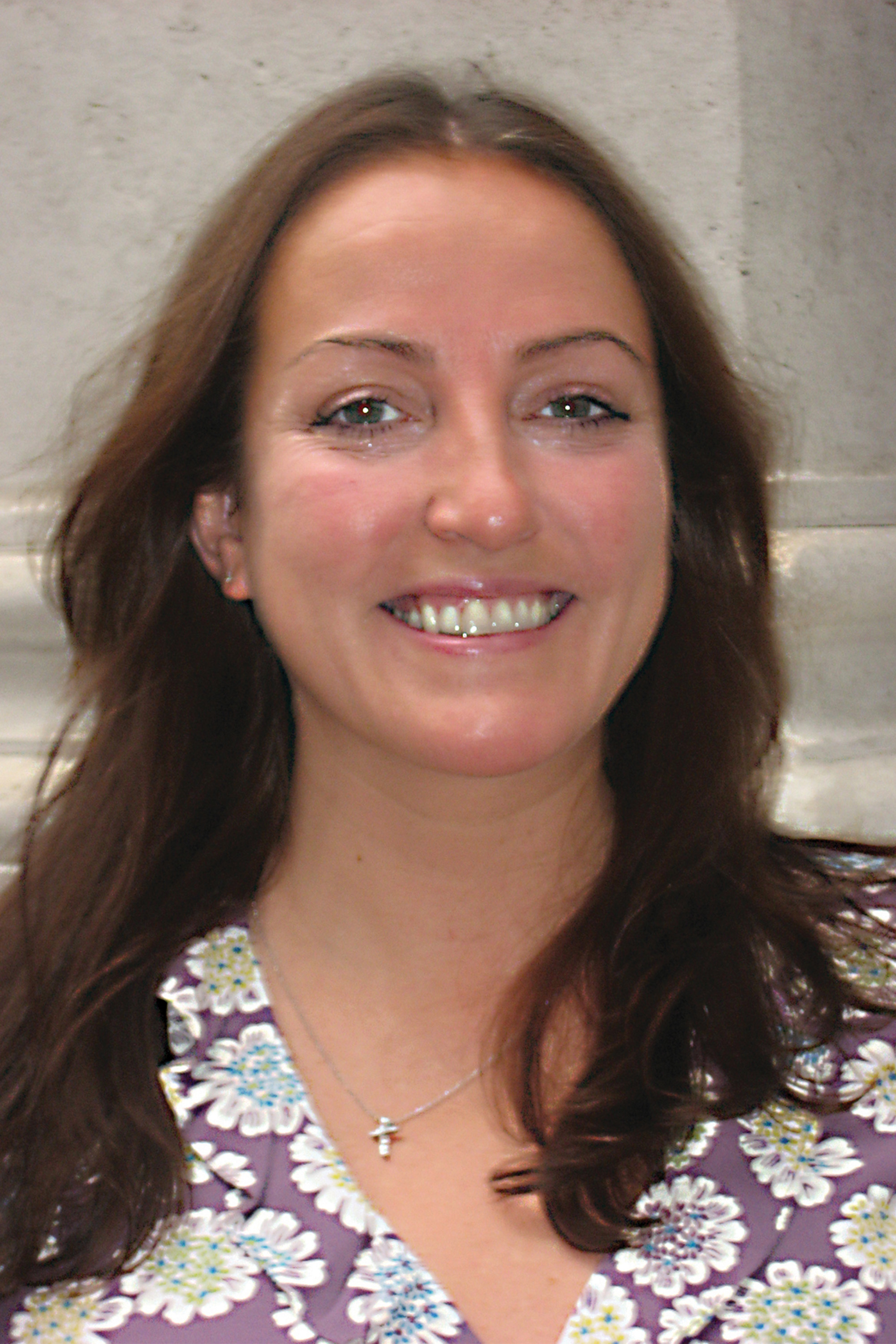How research evidence helped to feed Nigeria's children
Words: Peter Taylor-Whiffen

It’s not every day you get a call from one of Nigeria’s leading politicians asking you to help feed his country’s children.
But for Dr Lesley Drake (PhD Biology 1992), Executive Director of Imperial’s Partnership for Child Development (PCD), that call was the natural consequence of her team’s extraordinary work.
The PCD has gained an impressive reputation over the past 30 years, working with governments, agencies and communities to improve the education of school-age children in low and middle-income countries. So when Rauf Aregbesola, Governor of Nigeria’s Osun state and the nation’s Vice President at the time, wanted to roll out a successful Homegrown School Feeding programme that would give daily school meals to ten million of the country’s youngsters, his first call was to Drake.
“There are 36 states in Nigeria, 13 of which had school feeding programmes, but they all just crumbled – except for the one in Osun state,” she says. “The PCD had worked across the world, and particularly Africa, providing research evidence that supported initiatives to improve children’s health and wellbeing. So Mr Aregbesola came to us to help understand why the schemes collapsed and how to expand the programme.”
Drake and her PCD colleagues – in partnership with the Global School Meals Coalition Research Consortium – first performed a situation analysis to see what made Osun’s programme work, and then compared it with those of other states. The PCD’s analysis of different programmes in various state contexts highlighted the trade-offs between cost, programme design and successful service delivery.
“At the time Osun was feeding about a million children – but it was haphazard. So we made it more systematic and accountable. The strengthened model was then adapted to, and adopted by, the other states around Nigeria.”
It was a challenge, she says. “Nigeria is an interesting place, with different ways of working and a vulnerability to corruption.” When money for the programme left the federal fund it passed through lots of hands, with much of it “disappearing” before communityreaching the schools and children who would benefit. “We turned it into a cashless operation, which immediately shored up some of the money,” says Drake. “It also made everything very transparent. You could track that the money was getting to the right places.”
As a result, the number of children receiving a daily school meal soared from one million to ten million – a sixth of all children currently in school feeding programmes in sub-Saharan Africa – in just four years, prompting a pledge from Nigerian president Bola Tinubu to double the number of beneficiaries to 20 million by 2025 with the PCD’s help.
“It’s great that President Tinubu is such a keen supporter of the programme,” says Drake. “That is a huge factor in making the programme work. School feeding is multi-sectoral. It’s about health, education, agriculture and social factors, so you can imagine it’s really difficult for those sectors to work together because they don’t want to spend their own budgets on other sectors. But making this a President’s fund, through which each sector has to develop a costed and accountable implementation plan, makes it work.”
Even so, the PCD still needed to help justify the cost. “The only way you can do that is through the evidence,” says Drake, “so we conducted a value-for-money analysis in collaboration with Harvard University and the School Meals Research Consortium, and in line with other countries in the School Meals Coalition, to work out the costs against the benefits.
“If you can provide the research evidence as to why some state schemes work while others don’t – and you can prove the value for money, the financial benefit of a project – people sign up to it and are happy to prioritise spending on that rather than something else,” she adds. “Analysis shows that for every dollar spent on school feeding, the economy can get seven dollars back. It’s a clear example of research laying the foundation to enact real world change.
By engaging with policymakers we’ve helped to shape a programme that will enhance the futures of millions of young people.”